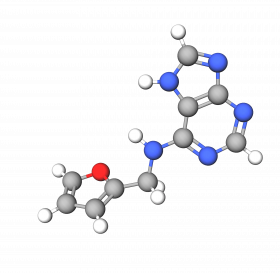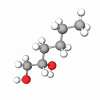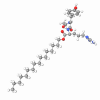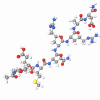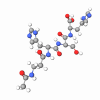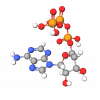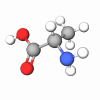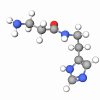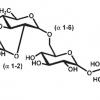Kinetin is a cytokinin, a plant growth factor. It is a compound found in nature, including plants, animals, and human DNA. It has been used for treating and preventing age-related symptoms such as fine lines, wrinkles, and hyperpigmentation without causing skin irritations, exfoliations, or increased sensitivity to the sun.
Kinetin is an amphoteric compound that is soluble in strong acids, alkalis, and glacial acetic acid. It is slightly soluble in ethanol, butanol, acetone, and ether but practically insoluble in distilled water. Kinetin treats and prevents aging, particularly facial wrinkles and expression
lines without causing irritations, exfoliation, or increasing the skin’s sensitivity to the sun.
Scientists initially discovered the anti-aging effects of Kinetin, which is found in plant leaves. Other laboratory studies using cultures of human cells show that Kinetin delays fibroblast destruction. Fibroblasts produce collagen and elastin, the two proteins most clearly tied to the development of wrinkles and skin sagging.
Fibroblasts have been shown to decrease in number and vitality as the skin ages. Between birth and age 80, they decrease by at least 50%. Kinetin delayed or prevented a range of cellular changes associated with the aging of human cells in vitro, including changes in cellular morphology, growth rate, size, cytoskeletal organization, macromolecular synthetic activity, and pigment accumulation. Kinetin-treated old cells appeared to be younger under the microscope.What are the benefits of Kinetin for the skin?
- Kinetin improves sun-damaged skin.
- It acts without exfoliating or irritating the skin.
- Kinetin recovers the skin's natural hydration barrier, conserving and smoothing it.
- Protects the skin from free radicals (antioxidant).
- Does not have side effects such as sensitivity to the sun, dryness, exfoliation, or itching.
